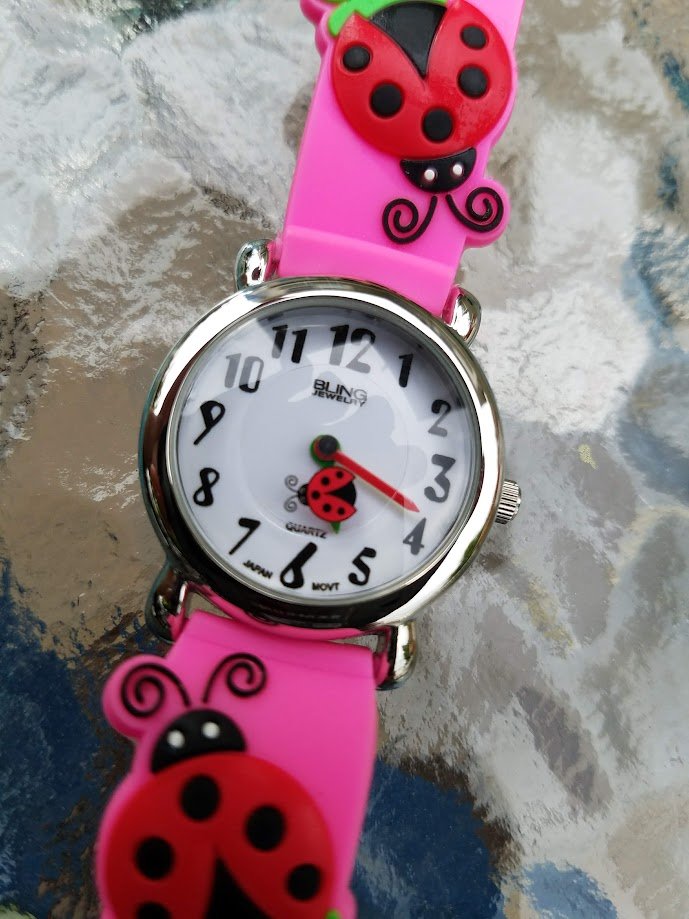Search by topic, theme, or feeling

"Am I Really Neurodivergent?" When Imposter Syndrome Makes You Doubt Your Diagnosis
Many neurodivergent people with a formal diagnosis still fear they’re 'faking it'.

Grieving the Self Who Didn’t Know
Grieving the self who "didn’t know" is an act of reclaiming clarity and compassion.

Emotional Rigidity in Neurodivergent Individuals and Its Impact on Relationships
Neurodivergent individuals often process emotions through a lens of logic and facts, which can leave neurotypical partners feeling unheard.

Time Blindness and Neurodivergence
Time blindness in neurodivergent individuals can strain relationships but is manageable with strategies, understanding and collaboration.

Erotic Confusion and Body Memory in Sexual Assault Survivors
Erotic confusion and body memory in sexual assault survivors are reflexive responses, not signs of consent.

Joint Attention Exercises for Neurodivergent Relationships and Families
Neurodivergent individuals may experience joint attention differently, which can affect relationships.

Theory of Mind Challenges in Neurodivergent Relationships
Neurodivergent individuals may experience challenges with theory of mind, leading to misunderstandings in relationships.

Trauma Integration and the Ripple Effect
Trauma integration brings clarity and revelation, yet its ripple effect means unresolved layers may surface later, often catching us off guard.

The Impact of Memory Holes on Neurodivergent Individuals and Their Relationships
Memory lapses in neurodivergent individuals can strain relationships, often misinterpreted as gaslighting. Understanding spiky abilities and fostering empathy can help bridge these gaps.

Understanding Fragmented Memory Encoding in Trauma Survivors
Trauma reshapes how memories are stored, often leaving survivors with fragments instead of a full story.

Why Sexual Assault Can Be Confusing for Survivors
Sexual assault can leave survivors feeling confused, especially when their reactions don’t match societal expectations or their body’s responses feel unclear.

The Fawn Response in Survivors
The fawn response in sexual assault survivors is a survival strategy, not a choice. Understanding it helps remove shame and opens the door to healing.

Trusting Your Gut: How to Use Instinct in Healthy Decision Making
Gut instinct and thin slicing are powerful tools for decision making when balanced with self awareness and reason.

The Friendship Cycle and Neurodivergent Relationships
Neurodivergent friendship cycles often involve periods of hopeful connection followed by burnout.

Emotional Back-draft: Navigating Self-Compassion and Healing
Emotional backdraft is the surge of old pain that arises when we first practice self-compassion, signaling not danger but deep healing.

Understanding Autistic Shutdowns
Autistic shutdowns are a protective neurological response to overwhelm and are often misunderstood as disengagement.

The Power of Safety in Feeling Sexy
True sexiness flourishes in the presence of safety.

Autistic Burnout and Co-dependence in Relationships
Autistic burnout and co-dependence often intertwine, creating a cycle of exhaustion and relational strain.

Autistic Burnout and Relationships: Some Helpful Exercises
Autistic burnout can strain relationships, but somatic and mindful exercises like synchronized breathing or vocal toning can foster connection and co-regulation between partners.

Resist and Retreat Behaviors in Neurodivergent Individuals
Resist and retreat behaviors in neurodivergent individuals are adaptive strategies, not defiance or disengagement. Understanding these responses fosters self-compassion and relational healing.
